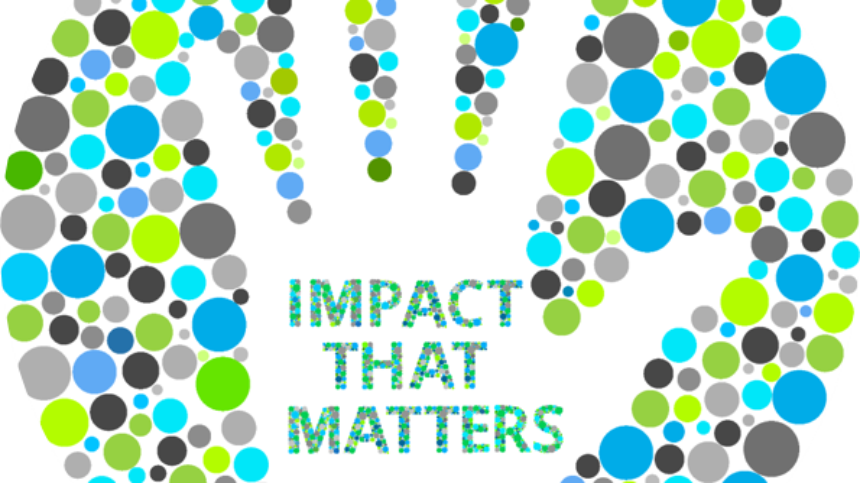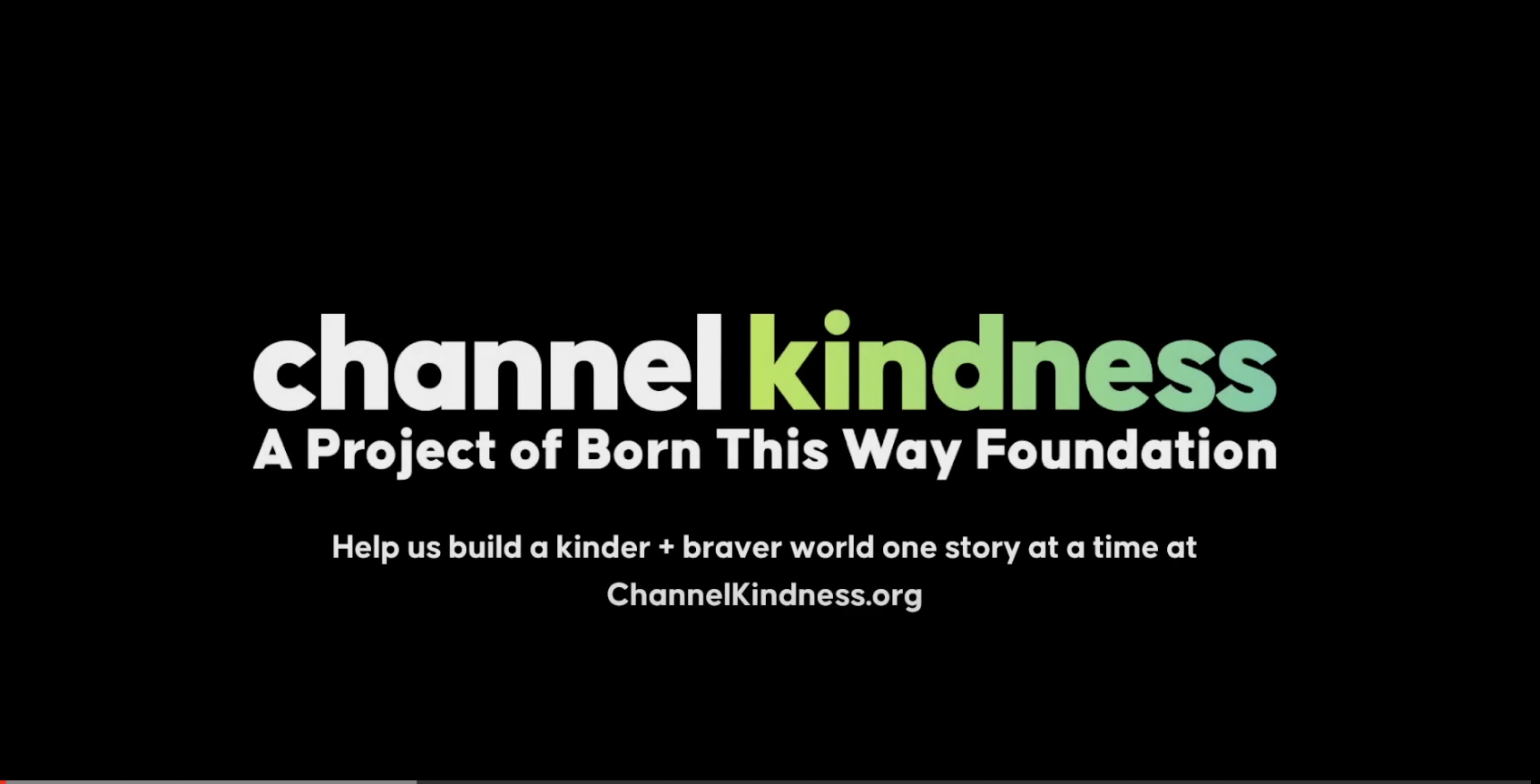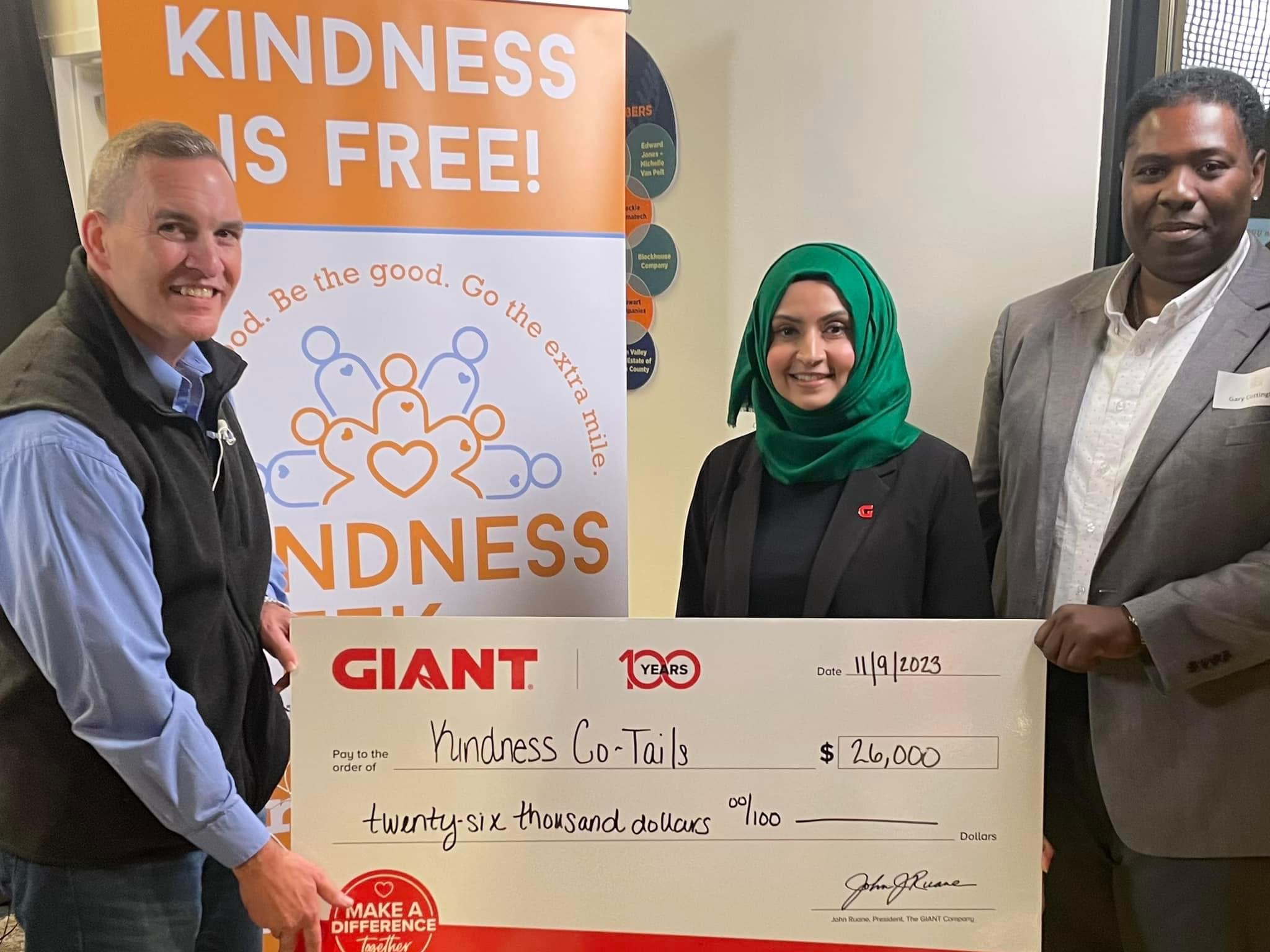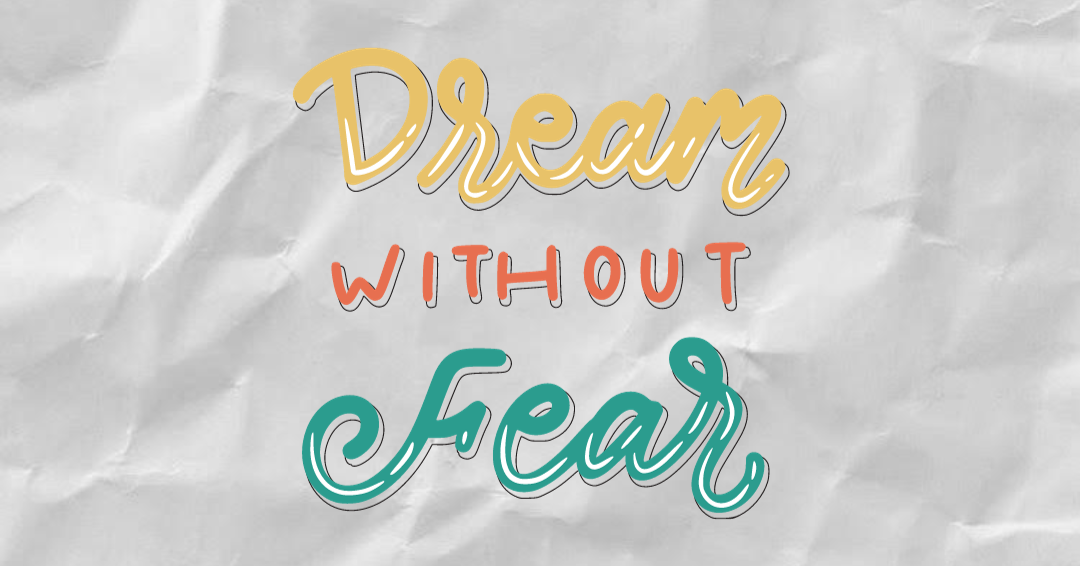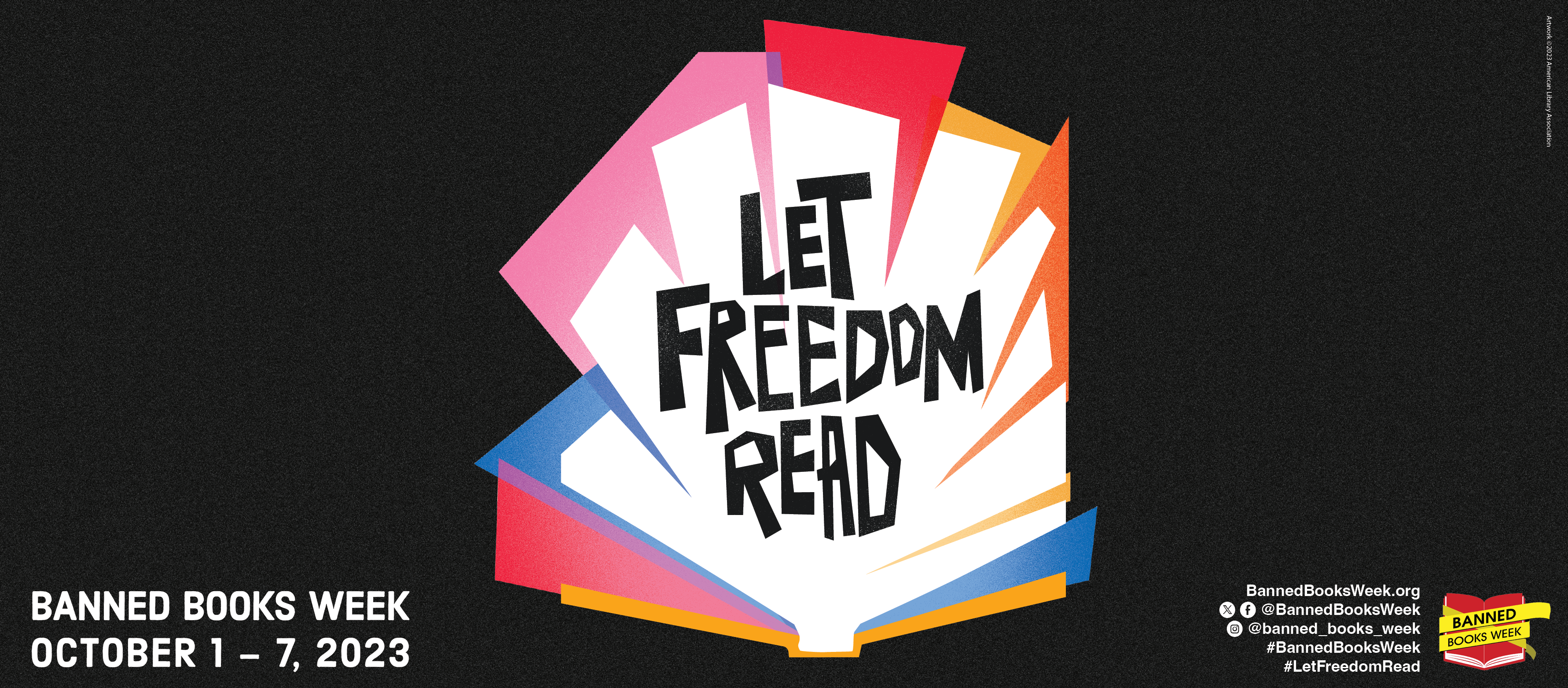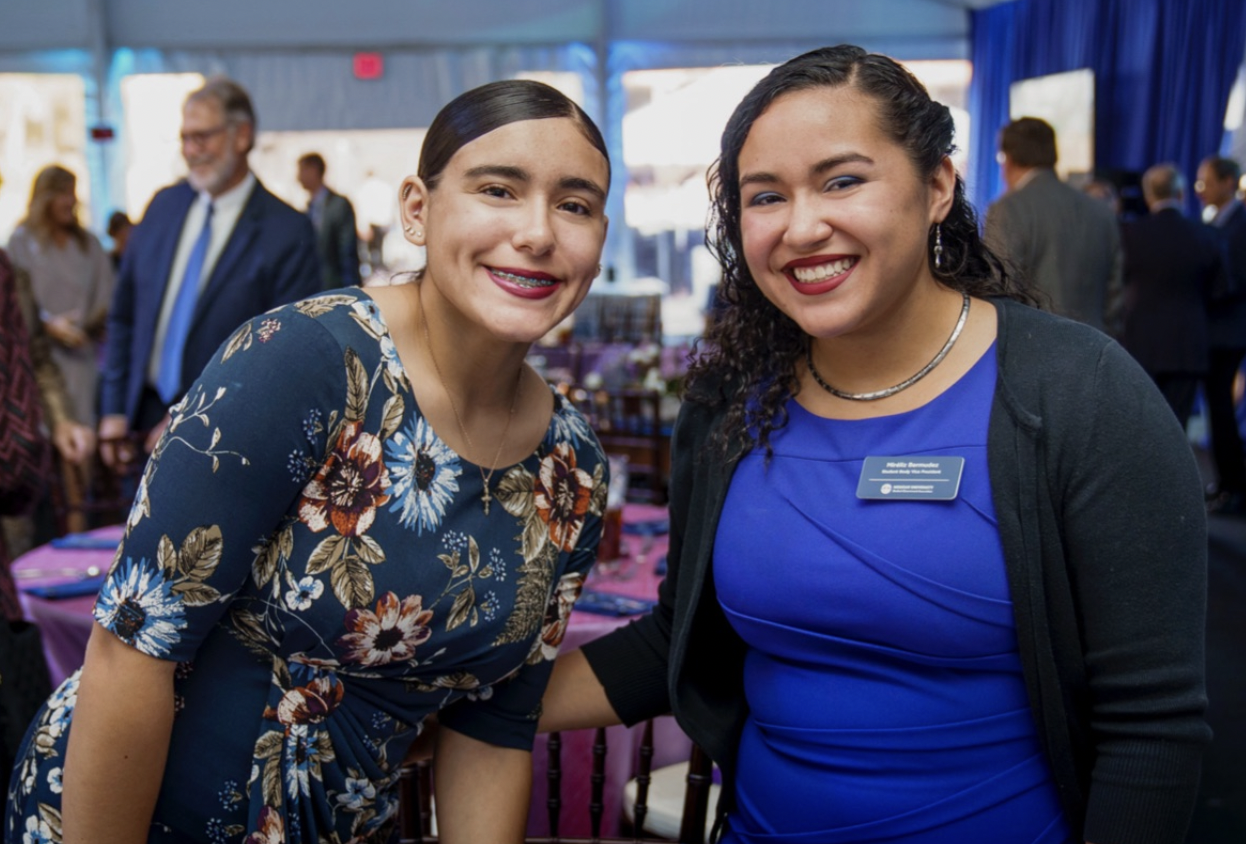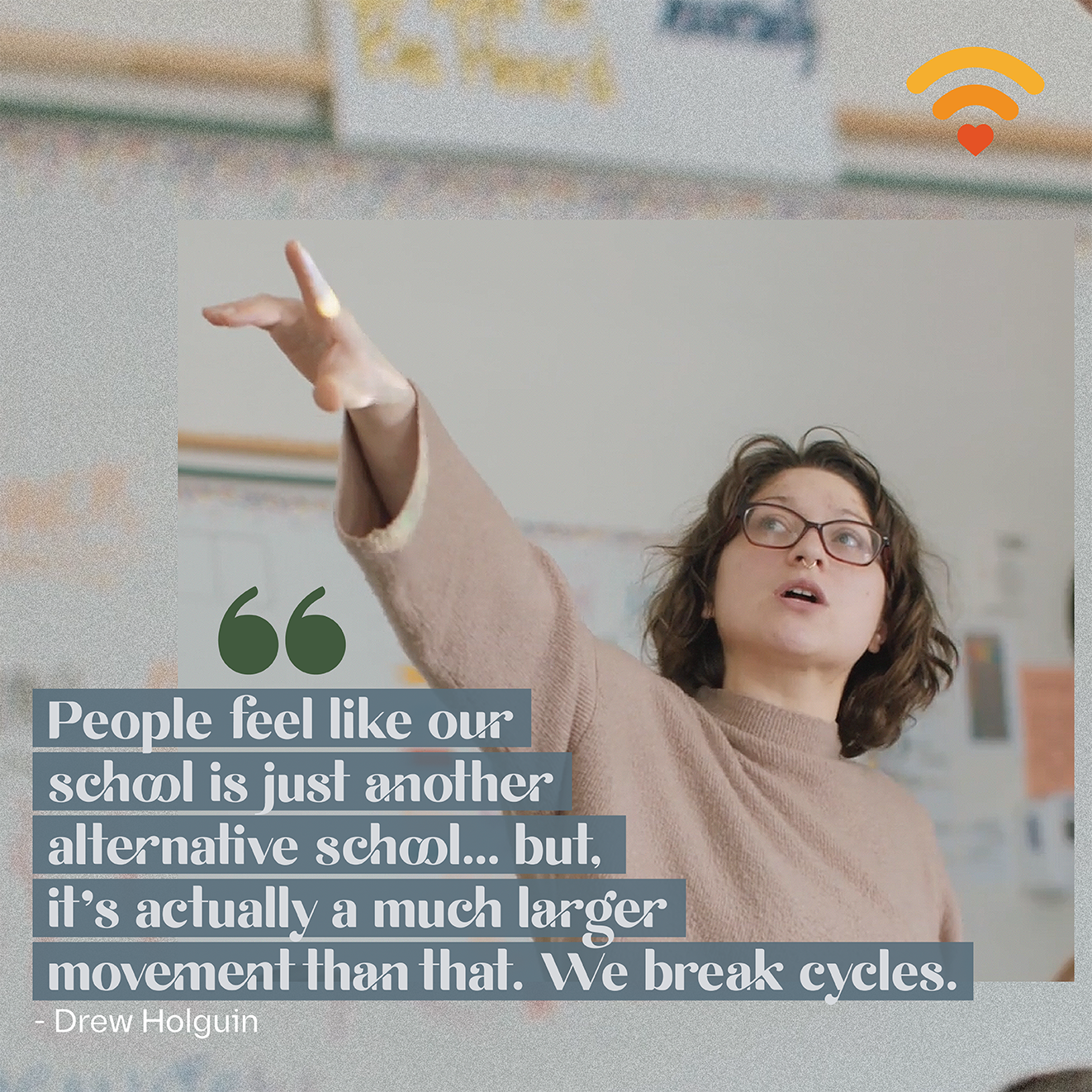By: Rivka Golding
After five days of client meetings, emails, early morning phone calls, and working on proposals and
project deliverables, the weekend arrives to provide some downtime. For me, the weekend is generally a time spent with family and friends. Whether it’s a Friday happy hour or Sunday brunch, I take a few moments to focus on myself before pressing play again on Monday.
Especially as a Sabbath-observant Jew, Friday night demarcates the busy day-to-day from the more relaxing and restful weekend. Having grown up in an observant home, I would spend every Friday night with my family surrounding the dinner table. We do not use electricity from sunset on Friday to sundown on Saturday night, so there was no television, and definitely no phones at the table. This has always been the tradition in my family, and when I moved to Washington, DC to start a career at Deloitte, I continued hosting or attending Shabbat dinner with friends in my neighborhood.
While I usually use the weekend to shut down and recharge, this particular weekend in December, I found myself hosting my project team for Shabbat dinner. After the mass shooting at the Tree of Life Synagogue in Squirrel Hill, Pennsylvania, I was feeling anxious, sad and vulnerable. As a granddaughter of Holocaust survivors, and a regular at a local synagogue in DC, the massacre hit a personal chord. The emotional distress was amplified when a shooter in my hometown of Louisville, Kentucky attempted to carry out an attack on a Baptist church. Unable to enter the church, he drove to a nearby supermarket and shot two people at point blank range.
With these thoughts in my head, the Sunday Scaries only became worse. How could I focus on work, when there were much larger issues looming overhead? I wondered if my coworkers would say anything, and I decided that I would make a point to mention it at the office. To my surprise, I woke up on Monday to a text from my manager asking how I was doing after what happened in Pittsburgh. Several other coworkers emailed or texted to send messages of hope, peace and good wishes. The Government and Public Sector leader sent an email to the whole practice, reflecting on the violence and encouraging everyone to take care of both themselves and others.
My senior manager, Josh, emailed asking if I would be interested in co-hosting Shabbat dinner to share some of my traditions and engage in conversation around the importance of diversity. Instead of having to bottle up my sadness, I was able to talk about it with my co-workers. It was a rare opportunity to welcome them, their spouses, and their children into both my apartment and a personal part of my life. Josh’s daughter jumped on my couch as the fourteen of us gathered around two folding tables in my studio apartment. We went around and shared something positive that had occurred during the week and what we were most looking forward to in the week to come.
One of the most prominent questions I get from people interested in joining Deloitte is around work-life balance; however, I have found what we have is really a work-life blend. Instead of compartmentalizing the two, I have found personal balance by allowing my coworkers into my life. My co-workers have become some of my closest friends, and weekends are often filled with the same people I see Monday through Friday—not because we must spend time together, but because we genuinely enjoy each other’s company.
Whether you have a teammate who recently lost a loved one, is having issues at home, or may be suffering from a national tragedy, take a minute to think about how to connect with them. Ask them how they are doing, and genuinely listen to the answer. It is the personal messages of empathy, kindness and compassion that can truly make a difference in how we act, think and feel both in and out of the office.




